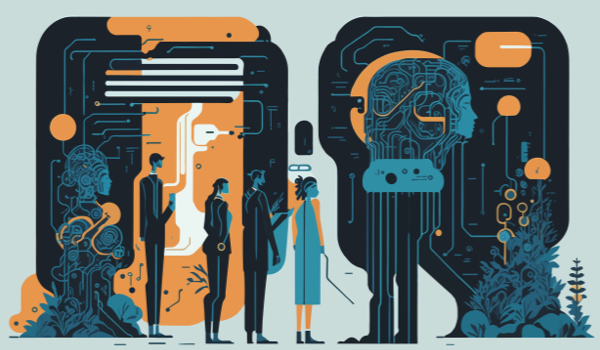


TEHRAN - Artificial intelligence (AI) and machine learning (ML) are essential in addressing today's healthcare challenges and making healthcare systems everywhere more cost-effective and efficient.
Healthcare and medicine are highly specialized and nuanced fieldstone, which in part explains why the integration of technological advancements is so slow compared to other industries. This article will shed more light on the specific obstacles to integrating AI in healthcare by examining the story of a colossal failure - the bankruptcy of Babylon Health, an AI-in-healthcare unicorn once valued at over USD4 billion.
Babylon’s rise and fall
Babylon was founded in 2013 by British-Iranian former banker Ali Parsa with the goal of revolutionizing the healthcare system by doing “what Google did with information,” he said. Babylon raised tens of millions of dollars in venture capital funding and concluded contracts with the United Kingdom’s National Health Service (NHS) and health insurance providers in the UK. The company raised over USD1.2 billion from its founding in 2013 to its 2021 listing at a USD4.2 billion valuation, making it one of the most successful AI-in-healthcare companies in the world to date. Babylon’s initial service centered around providing video conferencing services to enable remote patient visits by physicians. The company launched the General Practitioner at Hand symptom checker app in 2017 - which it claimed was powered by sophisticated AI models - to automatically answer patients’ questions and help with triaging. All this sounds promising and did aim to address real needs, but events did not occur as expected. In 2022 and 2023, Babylon faced severe financial losses - which finally led to Albacore Capital taking it private. Soon after, Babylon announced bankruptcy, both in the United States and the UK.1,2
 Continue with Linkedin
Continue with Linkedin
 Continue with Google
Continue with Google










 1218 views
1218 views








2024-01-24
2024-02-05